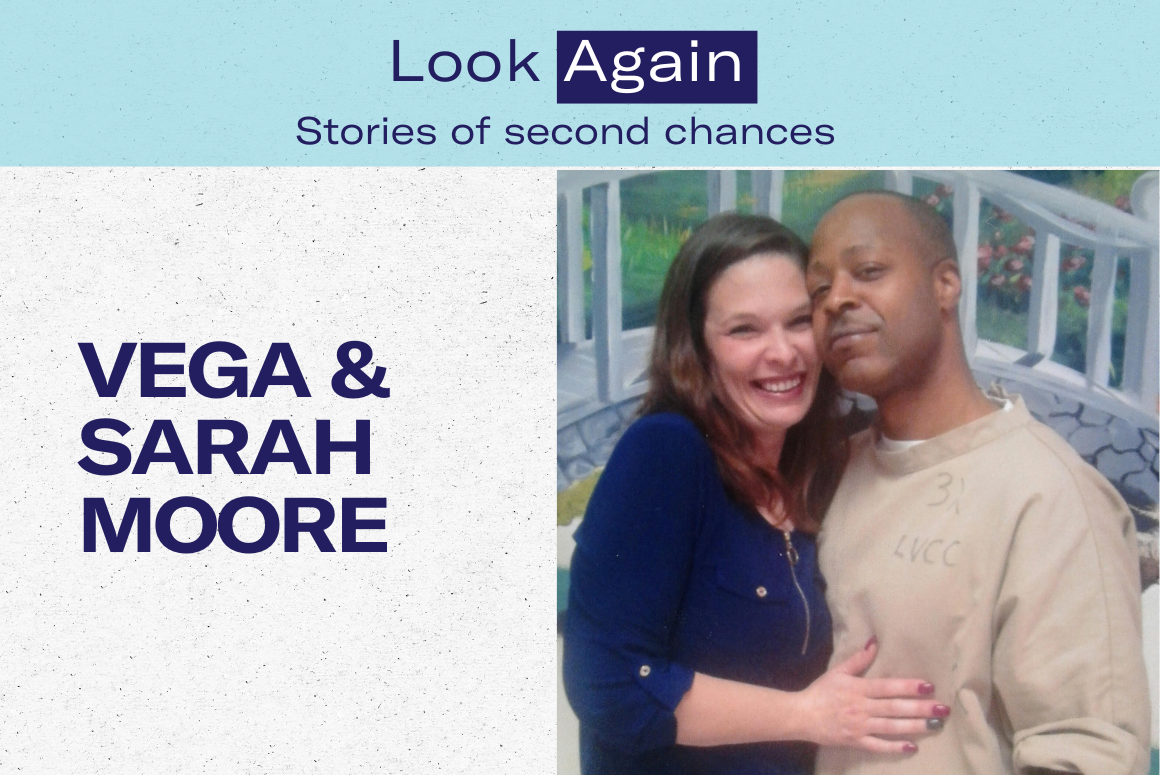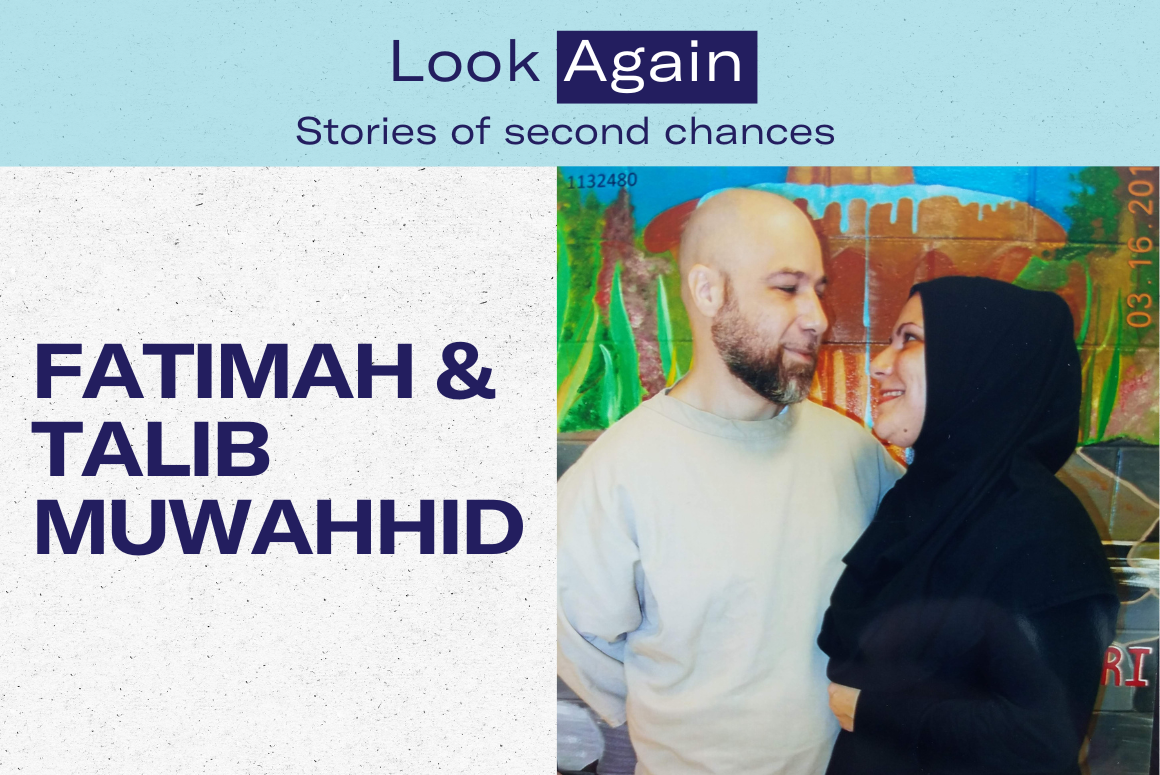This guest blog post was written by Sarah Moore, for her husband Vega Moore.
The tree is up, but for the seventh year in a row, someone is still missing. I hang the ornaments one by one, each one reminding me of the years without him. I stand alone, staring at the empty space where his presence should be, and it’s harder to breathe than I expected.
I want to be excited for Christmas, to feel that warmth of family and togetherness, but each twinkle of lights seems to mock me. The children are still excited, of course. They laugh and talk about the gifts they want. But I can’t stop thinking about him. The phone calls are short, sometimes filled with the quiet of him just listening to me talk. There are no plans for big meals, no hurried rush to pick out the perfect gift, no one to argue with about what holiday movie to watch. The days feel like they drag on, heavy with expectation, but hollow at their core.
Emails come often. They’re always filled with love, but they’re also a reminder of how far away he really is. When I talk to him on the phone, it’s never long enough, words stilted by the distance and by the walls between us. And when he sounds sad, defeated even, I feel helpless. I can’t hold him. I can’t reassure him that everything will be okay. All I can do is tell him that I love him. Our love is the only thing strong enough to bridge the gap between us.
At family dinners, everyone talks about what they’ve been up to and their holiday plans. I smile and nod, even though it feels like I’m drowning in a sea of normalcy that no longer feels like mine.
People ask about him, and I give the same answer every time: “He’s doing okay.” What they don’t know is that I’m lying. He’s not okay. How could he be, in prison? And neither am I. But it’s easier to pretend than to explain.
Sometimes, I find peace in the quiet of the morning, before the world wakes up. I sit with my coffee, holding my mug, and I just breathe. I write him letters — long ones — filled with all the little details of my day so that he can feel a part of my world. I wear the bracelets he gave me because they’re the only thing that feels like him.
Holidays aren’t the same. They can’t be. But they don’t have to break me, either. I’ll get through this. I’ll keep writing those letters, answering those calls. And maybe next year, he’ll be here with me. Maybe one day, he’ll walk through the door, and we’ll build our own traditions.
Until then, I’ll hold on to hope, even when it feels like the hardest thing to do.
To anyone who’s spending the holidays apart from a loved one, I see you. I feel your pain, your loneliness. You’re not alone, even when it feels like you are. And no matter how long it takes, remember that love doesn’t fade. It doesn’t disappear, even behind bars.

